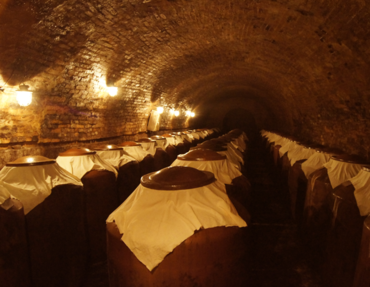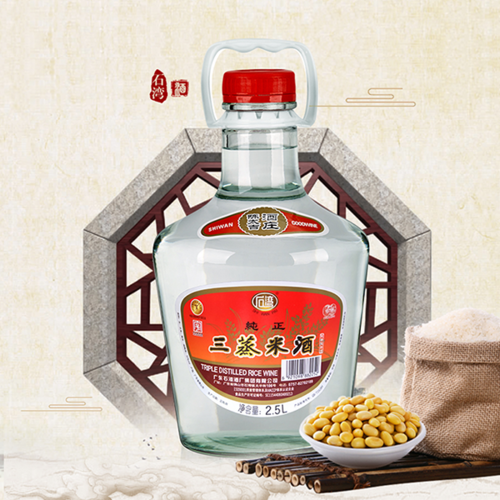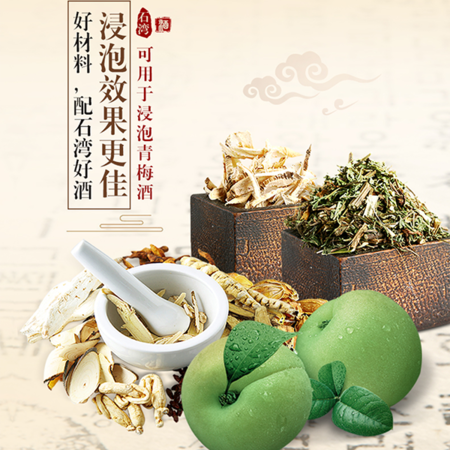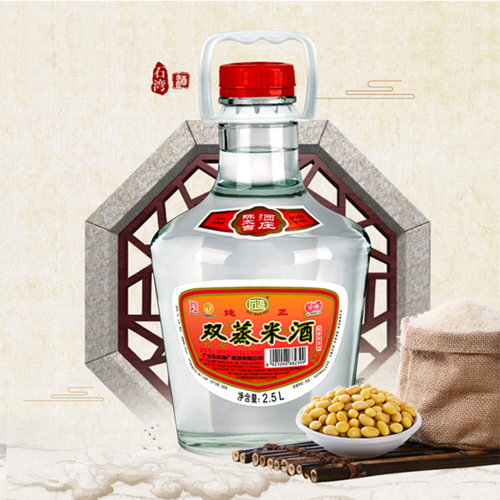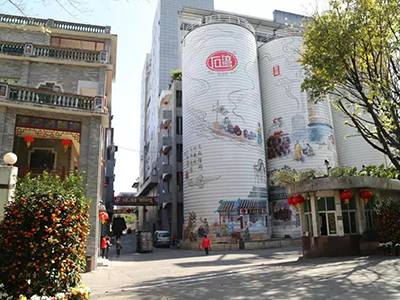How Long Does Traditional Rice Wine Last After It's Opened?
Rice wine is a traditional alcoholic beverage that is commonly consumed in many Asian countries. It is made by fermenting rice, water, and yeast, and is typically stored in a cool, dark place for several months before it is ready to be consumed.
Once opened, the shelf life of rice wine can be a concern for many people. In this article, we will discuss how long traditional rice wine lasts after it's opened.
Shelf Life of Traditional Rice Wine
The shelf life of traditional rice wine can vary depending on a few different factors. Firstly, the alcohol content can affect how long the wine lasts. Higher alcohol content wines tend to last longer than those with lower alcohol content.
Additionally, the type of rice wine can also play a role in how long it lasts. Sweet rice wines tend to have a shorter shelf life than dry or aged rice wines.
How Long Does Traditional Rice Wine Last After It's Opened?
In general, traditional rice wine can last for several months to a year after it's opened.
However, there are a few things to keep in mind to ensure the wine stays fresh for as long as possible.
Firstly, it is important to store rice wine in a cool, dark place away from direct sunlight. Exposure to heat and light can cause the wine to spoil more quickly.
Additionally, it's important to keep the wine in a sealed container to prevent exposure to air, which can also cause the wine to go bad.
One way to tell if rice wine has gone bad is by its smell. If the wine has a sour or unpleasant odor, it's likely that it has gone bad and should not be consumed. Similarly, if the wine has a cloudy or discolored appearance, it should not be consumed.
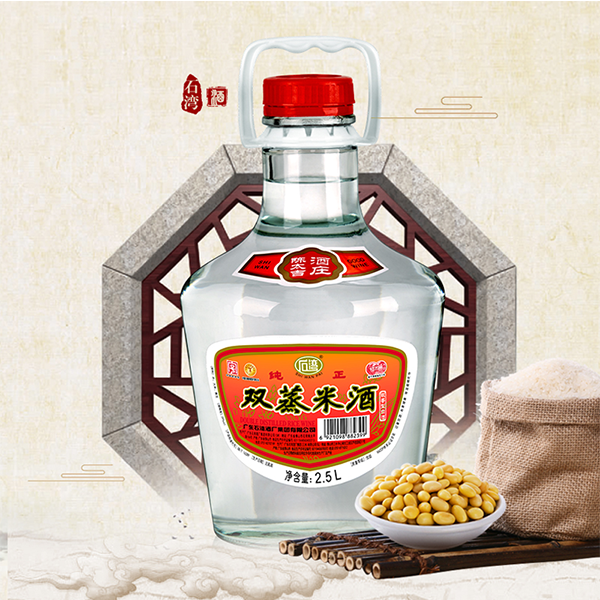
How to Extend the Shelf Life of Traditional Rice Wine?
To extend the shelf life of traditional rice wine, you can consider storing it in the refrigerator. This can help to slow down the fermentation process and keep the wine fresh for longer.
However, it's important to note that storing rice wine in the refrigerator can cause the wine to become cloudy or develop sediment, which may affect its flavor.
Can I Freeze Rice Wine to Extend Its Shelf Life?
While it is possible to freeze rice wine, it is not recommended. Freezing can cause the wine to expand and potentially damage the container. Additionally, freezing can change the texture and taste of the wine, affecting its quality.
How Can I Tell If the Rice Wine Has Gone Bad?
As mentioned earlier, sour or unpleasant odor and cloudy or discolored appearance are signs that the rice wine has gone bad. Additionally, if the wine has developed mold or an unusual texture, it should not be consumed.
Is There a Difference Between the Shelf Life of Homemade and Commercially Produced Rice Wine?
Homemade rice wine tends to have a shorter shelf life than commercially produced rice wine, as it may not be as sterile and well-preserved as store-bought wine. It is important to follow proper storage guidelines to ensure the longest shelf life possible.
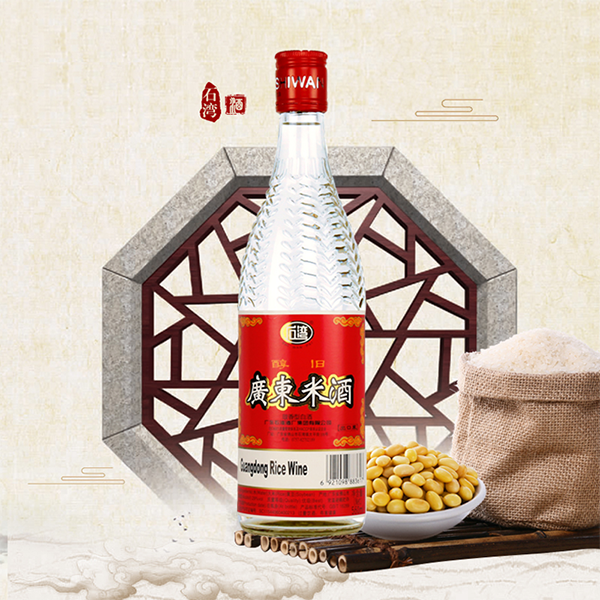
Conclusion
Traditional rice wine can last for several months to a year after it's opened if it is stored properly. The shelf life can be affected by factors such as alcohol content and the type of rice wine.
To ensure that the wine stays fresh for as long as possible, it's important to store it in a cool, dark place away from direct sunlight and in a sealed container to prevent exposure to air.
However, it's important to keep an eye out for signs of spoilage, such as a sour smell or discolored appearance, and to avoid consuming wine that has gone bad. By following these guidelines, you can enjoy your traditional rice wine safely and for an extended period of time.



